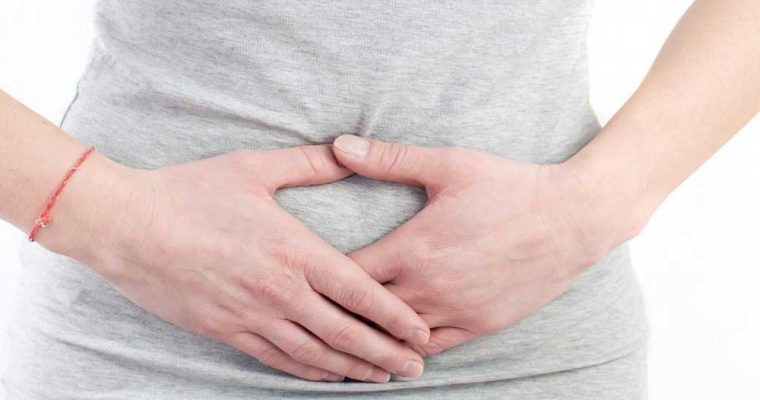Hernia: Signs And Symptoms Of Hernia
Like | DoctorBabu | March 12, 2018 | Health health, healthy tips, Hernia
Hernia is a condition that occurs when the tissues protrude out of their residing cavity area in which it is normally contained. These are usually portions of the abdominal fatty tissue or the intestine. These break through due to a defect in the encapsulating walls of the abdomen. Where it is the most common occurrence in the abdomen, a hernia can also occur in the groin, belly button, and upper thigh areas.
A hernia can happen to anyone at any age. It usually begins with a small lump that can be felt against the skin of the abdomen, which is accompanied by some amount of pain. But if it is left untreated it can grow in size and cause more pain. Leaving it untreated could become extremely dangerous. Early detection and treatment can significantly cut down the risk of worsening the hernia. Here are the most common signs and symptoms of hernia.
Hernia Symptoms
Visible swelling or lump
The earliest sign of a hernia will be a visible swelling under the abdomen skin, which will eventually turn into a lump. This early lump may not always cause pain but it is important that you get it diagnosed by a doctor as lumps are abnormal growths and could signify other risks like cancer.
Pain
There are cases where the hernia does not cause any pain but in most cases the hernia gets strangulated as you move causing severe pain that will need immediate medical attention.
Uneasy stomach
A hernia will cause stomach troubles too which will include difficulty digesting food, digestive problems, constipation and other bowel issues.
Discomfort in the abdomen or groin
Feeling heavy and bloated or uneasy in the abdomen is common with those with umbilical or hiatal hernias in the abdominal area. On the other hand, feeling a dragging sensation in the groin is common with those with inguinal or femoral hernias in the groin area. This feeling occurs every time a person sits or bends to lift things.
Nerve pressure and muscle weakness
The hernia can also cause pain in other parts of the body that are linked to the same nerve chain. For example the inguinal hernia located in the inner groin applies pressure to the surrounding nerves which in turn causes soreness in the legs, scrotum (for men) or the labia (for women) and other muscle weaknesses.

Leave a Reply